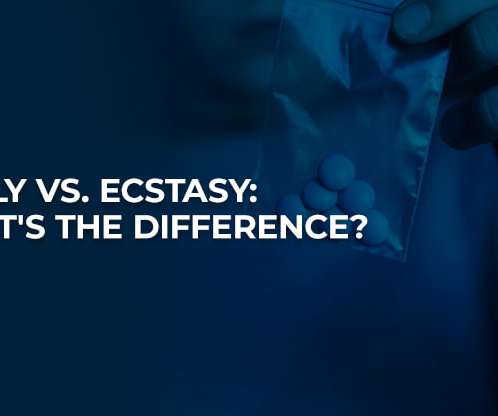How to Talk With Patients About Substance Use Disorder
Gateway Foundation
SEPTEMBER 4, 2023
When a patient with substance use disorder (SUD) visits, it’s essential to talk to them in a way that shows sensitivity and empathy while avoiding stigmatizing language. Using motivational interviewing strategies and people-first language can help guide the conversation. Show genuine interest in their journey.











Let's personalize your content